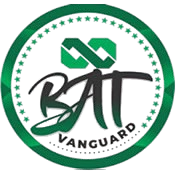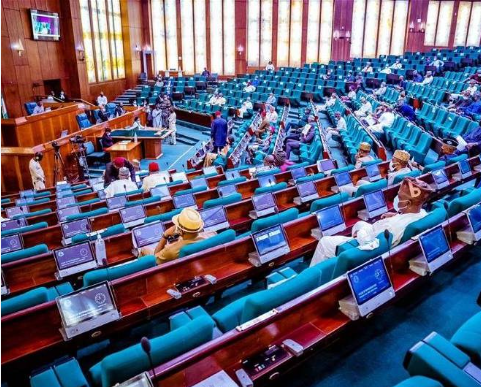The House of Representatives Committee on Host Communities and the Foundation for Partnership Initiatives in Niger Delta (PIND) have lamented the slow implementation of the Petroleum Industry Act (PIA) and the gaps in the law.
Speaking in Port Harcourt, Rivers State, during a dialogue and experience-sharing forum on Host Community Development Trusts (HCDTs) under the Bridges Project, the foundation highlighted the need for collaboration among stakeholders, including oil and gas companies, government entities and community organisations.
The Executive Director, PIND, Tunji Idowu, urged communities in the region to take advantage of the Petroleum Industry Act (PIA) to prioritise sustainable development instead of wasting money on white elephant projects.
He harped on the need for communities to understand their roles and responsibilities in ensuring effective implementation of the PIA.
Idowu said that the Bridge Project identified many gaps in the implementation of the PIA, including lack of clear roles and responsibilities among the stakeholders.
He noted that the absence of grievance mechanisms and inefficient partnerships between trusts could hinder the progress of community development projects.
He pointed out that the representation of traditional institutions and the definition of community boundaries were critical issues that needed to be addressed.
Idowu stressed that it was important to build capacity among community-based organisations and stakeholders to address the gaps.
He said community stakeholders must understand the guidelines set by regulators and establish clear mechanisms for trust management.
Idowu emphasised that effective trust management was crucial for ensuring that community development projects were completed to yield sustainable benefits.
In his remarks, the Chairman House of Representatives Committee on Host Community, Dumnamene Dekor, described implementation as slow and called for more commitment from stakeholders.
Dekor, who represents Gokana/Khana Federal Constituency at the National Assembly, expressed his assessment of the PIA, saying that while it was a work in progress, more needed to be done to educate the people on its provisions.
He urged companies to “up their game” noting that the Nigerian Upstream Petroleum Regulatory Commission (NUPRC) was doing well but could do better.
Dekor emphasized the importance of host communities taking advantage of the opportunity provided by the PIA to develop their areas warning them to set aside their differences and get on board.
He also stressed that the law clearly spelt out what belonged to host communities and that companies were not doing them a favor by complying with the law’s provisions.
In his remarks, the Programme Manager for Natural Resources and Climate Change, Ford Foundation, emphasised the organisation’s commitment to reducing inequalities in natural resource extraction.
Kuyole stressed the importance of working with partners to ensure that the focus of the foundation to ensure that communities impacted by oil and gas extraction, as well as mining, benefited from the process moved beyond paper to actual implementation.

